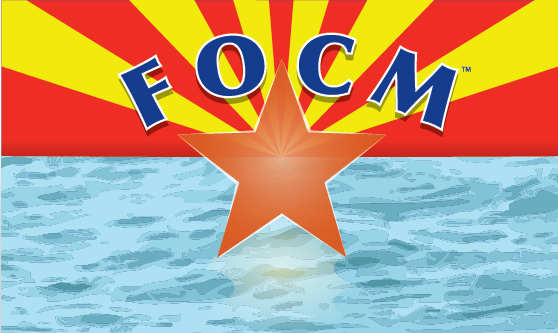At the recommendation of Jack Minster (or maybe he actually ordered it for me), I read a book called Jerusalem by Simon Sebag Montefiore. What an amazing history that town has seen. The book covers the history of the town from roughly 2000 BC to current day. I highly recommend it for any person who likes World history.
One thing stood out to me, in line with the subject of this blog – happened in 1855-1860. An Italian man named Moses Montefiore, later knighted by Queen Victoria for his service as Sheriff of London and in recognition of his services to humanitarian causes on behalf of the Jewish people. He followed the Jewish religion and after visiting Jersualem in 1827 he became a more devoted observer of his religion.
In 1854 his friend Judah Touro, a wealthy American Jew, died having bequeathed money to fund a Jewish residential settlement in Palestine. Montefiore was appointed executor of his will, and used the funds for a variety of projects aimed at encouraging the Jews to engage in productive labor. In 1855, he purchased an orchard on the outskirts of Jaffa that offered agricultural training people.
In 1860, he built the first Jewish residential settlement outside the walls of Jerusalem. Living outside the city walls was dangerous at the time, due to lawlessness and bandits. Montefiore offered financial inducement to encourage poor families to move there. Montefiore donated large sums of money to promote industry, education and health amongst the Jewish community in Palestine.
His life’s mission of helping Jersualem’s Jewish people caused him to give so much money that many people became dependent on his charity and that was their sole means of support. When he tried to wean them off of his handouts, they rioted in his camp.
This is certainly been repeated in countries around the world. When people get used to receiving support with little or no contribution put forth to earn it, upon the support being reduced, the response too often is to scream and shout and demand it not stop. This is becoming a problem in Saudi Arabia as unemployment is so high, it costs the government a lot to keep the people complacent by giving out so much money.
I think history shows that the best solution is democracy and capitalism where hard work and effort are rewarded.

